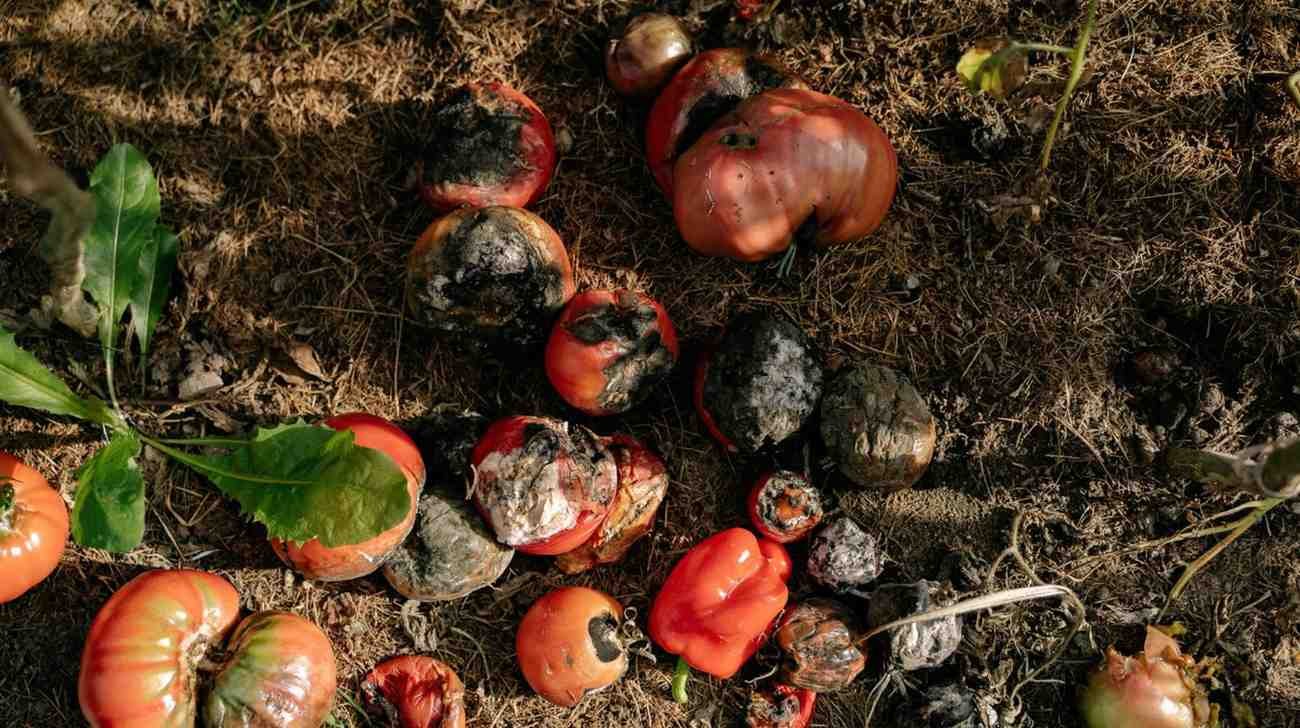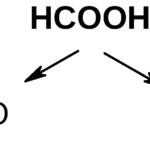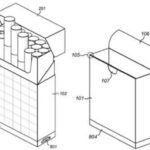Food waste has grown into a habit for many people worldwide, whether it’s eating greater portions compared to what we can consume, allowing fruits and vegetables to go bad at home, or purchasing more food than necessary at markets. You can handle your garbage effectively without going over budget, use dependable and cheap skip hire services.
These behaviours harm the ecosystem and place additional demand on our natural resources. The work, energy, money, and valuable resources (such as water, seeds, feed, etc.) that are spent on growing food are all wasted when we throw it away, not to mention the resources used for transportation and processing. To put it briefly, food waste contributes to environmental degradation by raising greenhouse gas emissions.
Legal Pressures On Organic Waste:
Effectively managing your organic waste will assist you in meeting regulatory obligations, including landfill and animal byproduct restrictions. The goal of the Animal By-Products Regulations is to reduce the likelihood of illness for both people and animals. Based on the risk they pose, animal by-products are divided into one of three categories, which dictate the waste management alternatives that are allowed. Category 3, the lowest risk, typically includes catering waste, leftover food, and raw meat and fish from food producers and retailers.
Advantages And The Need To Cut Down On Food Waste:
Reducing food waste, contrary to common belief, is a tangible thing that has tangible benefits, and environmentalism is only one of them. Environmentally, less food waste means less money spent on landfill emissions, which are forms of greenhouse gases which promote climate change. This is the case since the more the trash produces the more the damage it has on the environment.
It makes as much sense to reduce food waste from an economic one. For companies, the goal is to reduce wasteful expenses associated with overproduction and ineffective procedures. This is smart business, not just beneficial for the bottom line. Better pricing and accessibility can result from more efficient food sector procedures, which benefits consumers as well.
Perform A Waste Audit:
Start by evaluating the amount of food waste you currently produce. To find trends, waste categories, and areas for improvement, do a trash audit. The first step in putting into practice a successful food waste management approach is comprehending your waste stream.
Implement Source Segregation:
Encourage food waste to be separated at its source by putting source segregation into practice. To facilitate sorting, provide distinct bins for organic waste as well as non-organic waste. Bins should be clearly labelled so that everybody in the building can quickly tell what is recyclable and what is not.
Train And Educate Staff:
Make sure that your employees understand the significance of recycling and disposing of food waste. Educate them on appropriate trash segregation by holding training courses that highlight the distinctions between organic waste and non-organic garbage.
Improve Soil Health by Crops Rotating:
Crop rotation and soil factors are some of the basic ingredients of any successful agronomic practice. In avoiding soil erosion and enhancing the yield potential of crops, these practices reduce waste and enhance the overall output.
Using Technology To Monitor Crops:
By using technology to track crop development, wellness and lifestyle, farmers can react quickly to any problems. This real-time response reduces waste and helps to prevent crop loss.
CSA Programs: Finding A Balance Between Production And Demand:
Programs for community-supported agriculture (CSA) work well to match output to consumer needs. These initiatives aid in lowering overproduction and the waste that results from it by putting farmers and customers in direct contact.
Tips For Reducing Waste In The Food Industry:
The following actions can help prevent waste:
- To spearhead efforts to cut and eradicate waste, assemble a waste reduction team.
- Obtain support: Effective waste reduction requires the cooperation and dedication of all employees in your company, including senior management.
- Measure: To find methods to reduce waste, create an inventory of your supplies and procedures.
- Priorities: focus on the main waste sources first, as this should result in early savings and results. Examine those with the greatest net costs and the largest amounts that are wasted.
Logistics Route Optimization:
Logistics optimization is the first step towards effective supply chain management. We can drastically lower the likelihood of spoiling, particularly for perishable commodities, by cutting down on travel durations. Modern routing software as well as real-time tracking technologies guarantee the quickest and most effective delivery routes, cutting down on the amount of time food is exposed to possible spoiling circumstances while in transit.
Final Words
One effective strategy to lessen the amount of organic waste that ends up in landfills and turn garbage into useful resources is to manage it well. There are numerous approaches to properly managing organic waste, ranging from straightforward practices like decomposition and food repurposing to more sophisticated ones like community initiatives and biogas generation.












